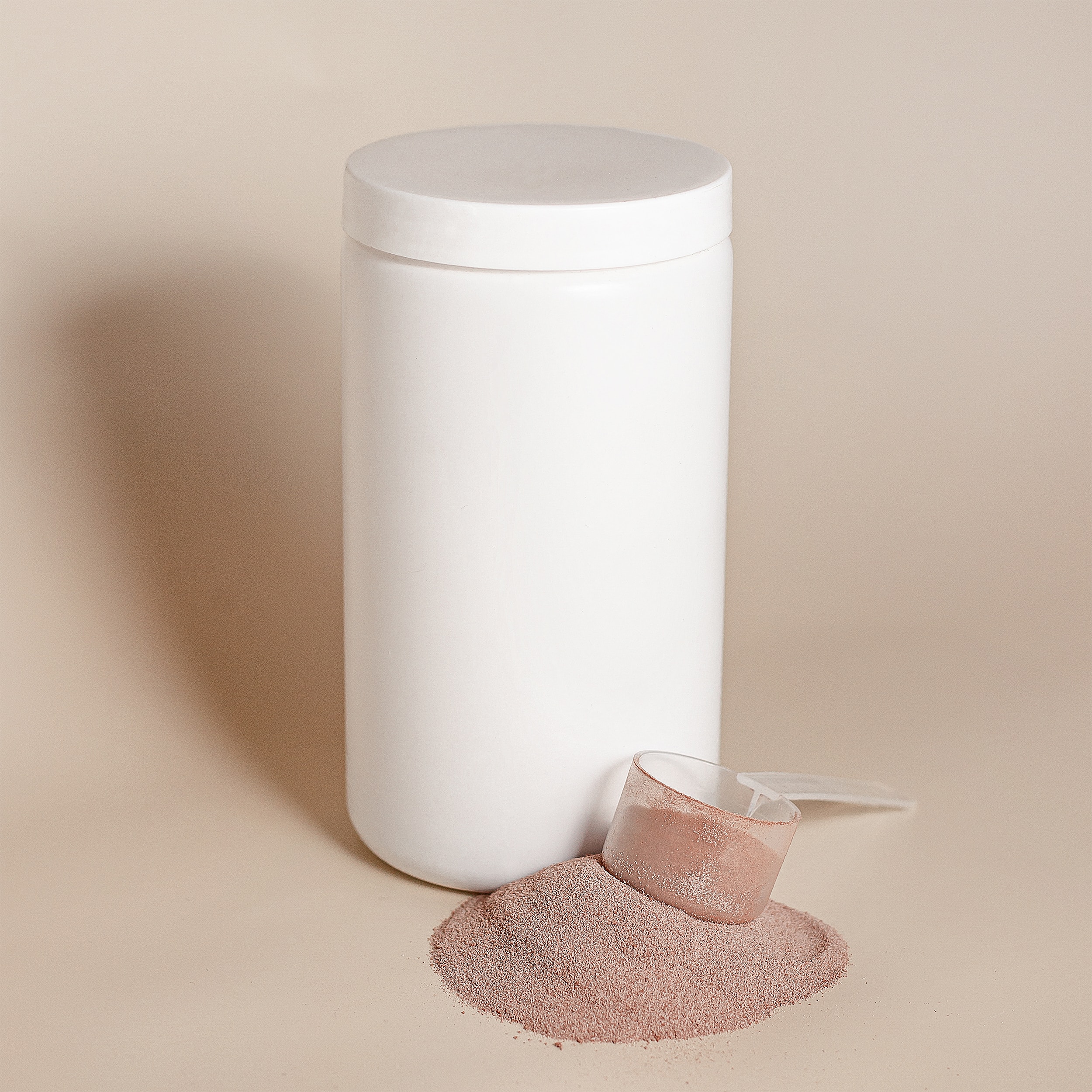
Does weight loss cause hair loss?
17th February 2020
If you set shedding some pounds as your New Year’s resolution, it can feel like a great achievement to step on the scales and see you’re approaching your target. However, some people find there’s a not-so-pleasant side to their weight loss – their hair is shedding at a far more rapid rate than usual.
One of the most common reasons for the hair loss is a lack of adequate nutrients. Extreme or crash diets – which many people follow to lose weight quickly – are often devoid of the nutrients we need to stay healthy. Deficiencies of nutrients such as iron, zinc and protein mean that the body focuses on sending the nutrients to the parts of the body that need them the most – which, unfortunately, is not the hair.
Consuming a lot of fruit and vegetables does mean the body is getting plenty of vitamins, but by boosting this intake whilst cutting out other food groups, you’re not getting the balance that you need. Low levels of protein in particular can lead to hair loss, as the main component of hair itself is protein.
Hair grows in cycles, and when it’s in its growth phase, it can grow up to half an inch per month until it goes into a resting phase, also known as a ‘telogen phase’. At any given time, between 10 and 20 per cent of your hair will be in that phase. However, when the body undergoes a significant change – such as weight loss, menopause or pregnancy – it can force more hair into the telogen phase, leading to shedding. This type of hair loss is known as ‘telogen effluvium’.
The good news is that, in the majority of cases, hair loss caused by weight loss is usually temporary. However, weight fluctuations can have an impact on hormones – for example, insulin. Losing weight can help to regulate insulin levels, but as there is a link between insulin sensitivity and the body’s ability to regulate testosterone – which is the driving force between pattern baldness – scientists think the hormone fluctuations may potentially affect the hair, triggering androgenetic alopecia.
So, what steps can you take to prevent hair loss whilst losing weight? The best way to approach it is to take it slowly. Avoid crash diets and quick fixes, as these do your body more harm than good and can send your body into a state of shock. As well as counting calories, be mindful of what you’re eating – make sure your diet is rich in iron, protein and vitamins. Lean meat, fish, nuts, leafy green vegetables and beans are all packed full of hair-friendly nutrients to help keep it in top condition.
If you’re worried about your hair loss and want some expert advice, our team are happy to talk through your options.


